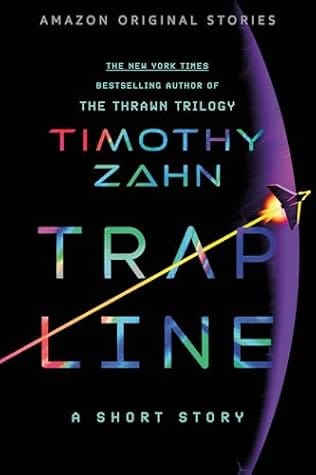The Long View: Questions and Answers on 9/11
If I were on the ball, I would have posted this on 9/11.
Part of the reason I foster John's memory is that he perceived the structure of events so acutely. He knew the worst outcome of 9/11 for the United States would be a universal loss of will, rather than any kind of actual military defeat, which no terrorist group has ever been able to do. The United States has many sins to answer for, but the world would likely be a far worse place without us filling the role that we do.
There is a prediction buried in this post that seems like it has come true: security institutions have expanded to fill the gaps exposed by 9/11 and the Global War on Terror. Partly, this is due to an increase in trained personnel who need something to fill their time.
Questions & Answers on 911
Q: Why was the World Trade Center attacked on September 11, 2001?
A: For glory, in this world and the next. The attackers wish to create an aggressive theocracy in the Persian Gulf. The presence of the United States in the region thwarts that ambition.
Q: Are there contributing factors?
A: The US neglected the region after the Gulf War in order to deal with domestic matters. The US response to attacks on US installations and personnel has been symbolic and ineffective. This was good evidence that the US is unable to retaliate seriously.
Q: Why do the people of the Middle East hate the US enough to do this?
A: They don't. Hate is not the explanation. Brutal acts will be committed when they seem likely to be profitable and to go unpunished. As the decline in domestic crime in the US during the 1990s demonstrated, the search for "root causes" is an evasion.
Q: Is it arrogant for Americans to seek to enlist the whole world in the conflict?
A: The necessary is never arrogant. True arrogance consists in the attitude of some Americans that they are so safe that they need not concern themselves with mere questions of survival, but need focus only on ascertaining their own degree of culpability for the attack.
Q: Is this the end of globalization?
A: In effect, September 11 signifies an attempt to export Middle Eastern political culture to the rest of the world. When commerce expands beyond the range of law enforcement, piracy is the result. September 11 probably initiated a decade-long process of expanding security institutions to cover the global economic system.
Q: Was September 11 the beginning of a war between civilizations?
A: Yes, though the conflict is an asymmetric encounter between states on the one hand and private adventurers on the other. The conflict will continue to be asymmetric, even if states join the adventurers. To put the matter briefly, the West is approaching a phase of unity, while Middle Eastern civilization continues the disintegration that began with the decline of the Ottoman Empire. The conflict will accelerate both processes.
Q: Is this the end of "The end of History"?
A: Not in the sense that Francis Fukuyama meant in his book by that name. The conflict that began on September 11 does not present the question of which ideology will prevail within Western society. Those issues have been settled. The September 11 conflict is just a fight for the survival of Western society.

Comments ()